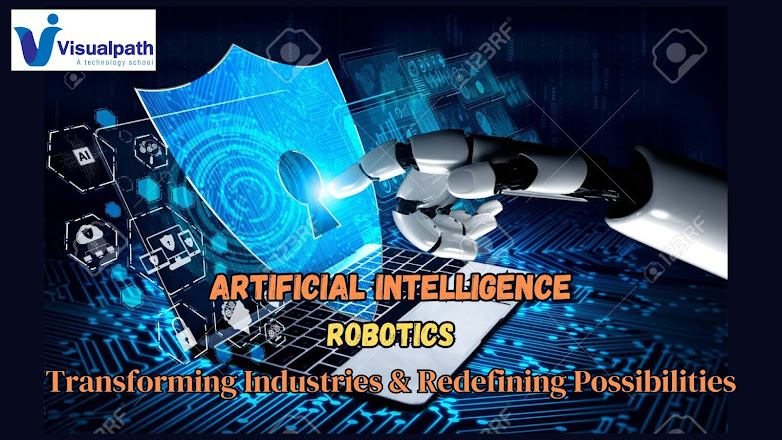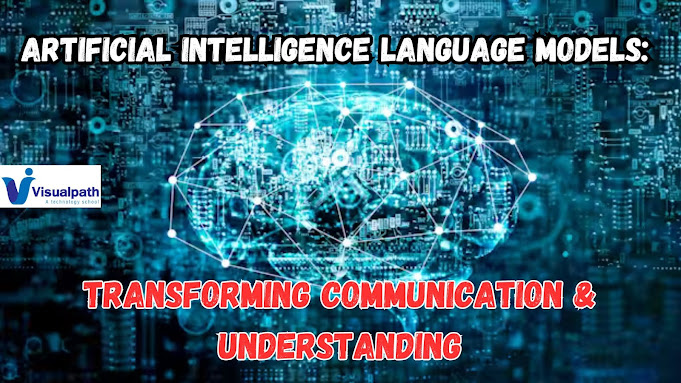Introduction to Artificial Intelligence and the Future of Artificial Intelligence

Introduction: Artificial Intelligence (AI) is a transformative field of computer science that focuses on creating intelligent machines capable of mimicking human-like cognitive functions. The goal is to enable machines to perceive, reason, learn, and make decisions, ultimately performing tasks that traditionally require human intelligence. AI is a multidisciplinary domain that intersects with machine learning, natural language processing, robotics, and other specialized areas. - Artificial Intelligence Courses Online The Future of Artificial Intelligence: As we delve into the future, the trajectory of AI is marked by several promising trends and potential developments: 1. Advanced Machine Learning: Continued advancements in machine learning techniques, including deep learning, reinforcement learning, and transfer learning, will enhance the capabilities of AI models. This will lead to more accurate predictions and improved problem-solving. - ArtificialIntelligence Training in H

